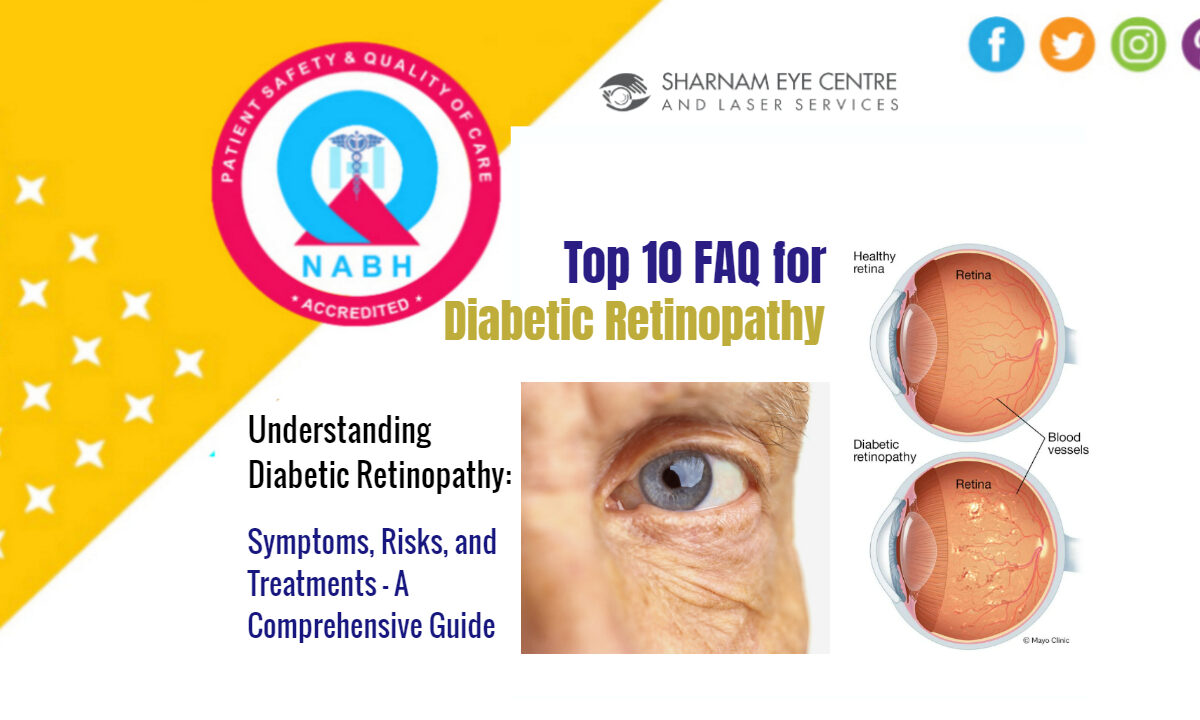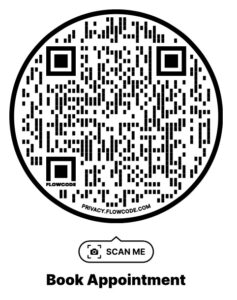In a country where lakhs silently suffer from undiagnosed eye conditions, Sharnam Eye Centre has taken a proactive step—bringing eye care directly to the people. Through its Mobile Retina Eye Clinic, Sharnam has launched Roadside Vision Screening Camps to detect early signs of visual impairment and retinal diseases in the community.
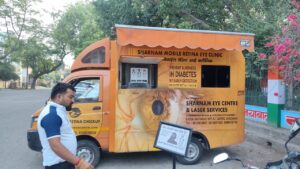
Why Roadside Vision Screening?
Most eye diseases—especially retinal problems like diabetic retinopathy or macular degeneration—don’t show symptoms in the early stages. By the time the patient notices vision loss, the damage is often irreversible. In such a scenario, early detection becomes the most powerful tool to prevent blindness.
However, many people avoid routine eye checkups due to cost, inconvenience, or simple unawareness. That’s where roadside vision screening comes in—it’s free, quick, and accessible.
What Does the screening Include?
At the roadside screening sites, the Mobile Retina Clinic offers:
- Basic vision testing using eye charts
- Fundus photography ( Retinal imaging equipment)
- Teleconsultation with retina specialists (if needed)
- Information about common eye diseases and prevention
- Referral for detailed testing or surgery, if necessary
All of this is provided on the spot, without the need for appointments or travel to a clinic.
Community Response:
The response has been overwhelming. People stop by out of curiosity and leave with new awareness—and in many cases, new glasses or a referral that could save their sight. From schoolteachers to shopkeepers, from housewives to daily wage workers, hundreds have benefitted from this outreach.
 A Vision for the Future:
A Vision for the Future:
The Mobile Retina Eye Clinic is more than just a van with equipment—it’s a movement to restore and preserve sight. Sharnam Eye Centre envisions expanding this initiative to cover more underserved areas .
“If the patient cannot come to the doctor, let the doctor go to the patient.”
This philosophy guides our efforts at Sharnam Eye Centre. With the roadside vision screening, we’re not just checking eyes—we’re changing lives.

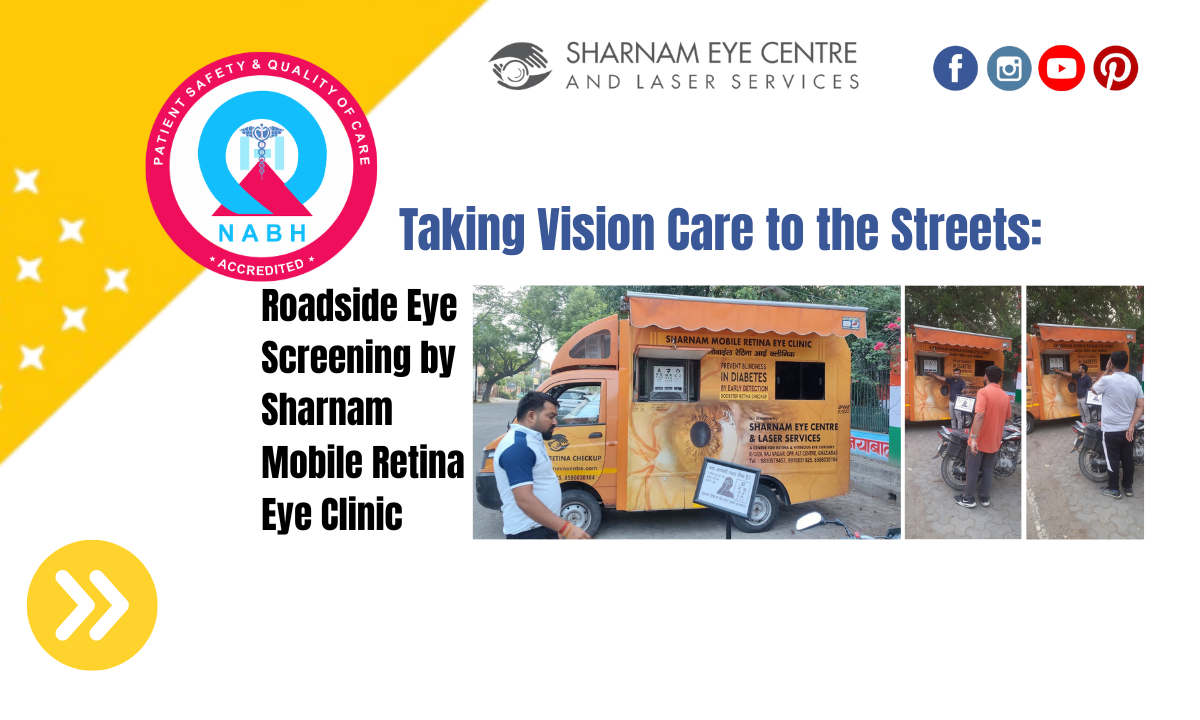
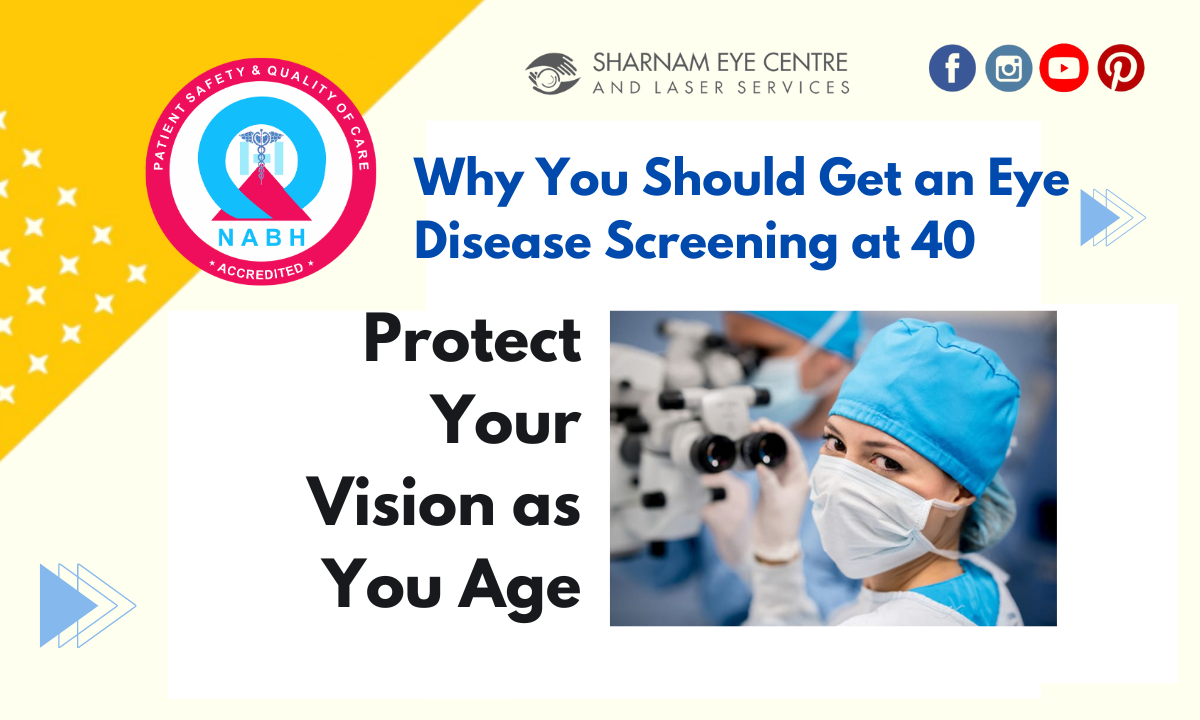
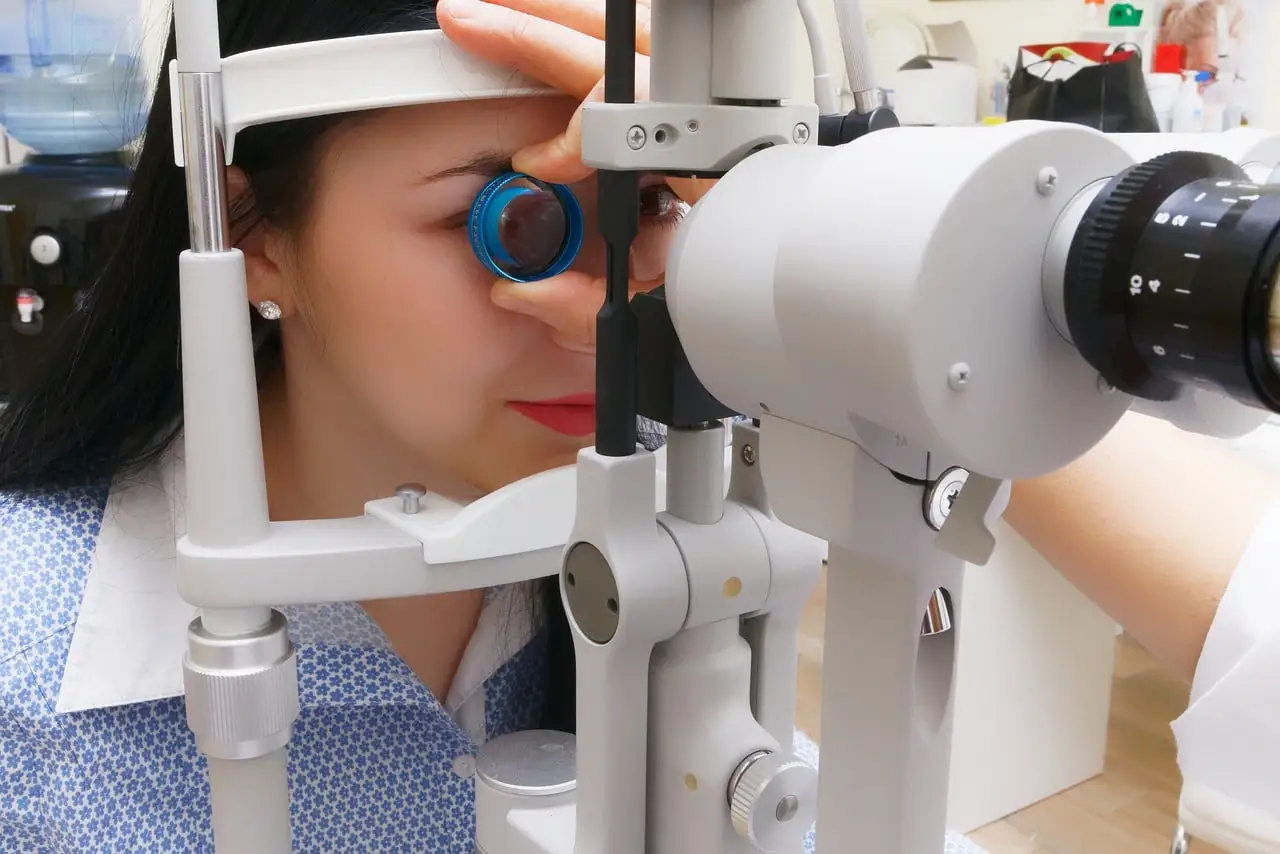
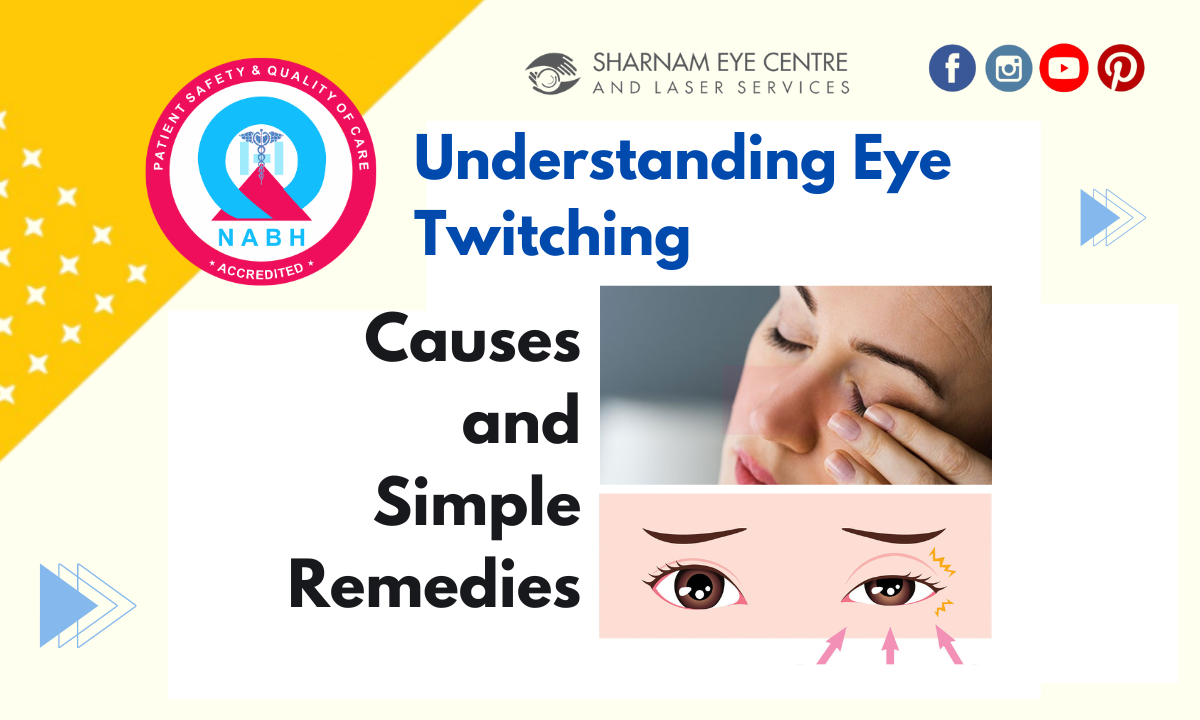


 As a proud alumnus of King George’s Medical University’s Department of Ophthalmology, it’s with great humility and joy that I share my recent experience of delivering a talk at my alma mater. The occasion was none other than the prestigious International Georgian Meet held on 23rd December 2024, a gathering that celebrates the excellence and heritage of our institution.
As a proud alumnus of King George’s Medical University’s Department of Ophthalmology, it’s with great humility and joy that I share my recent experience of delivering a talk at my alma mater. The occasion was none other than the prestigious International Georgian Meet held on 23rd December 2024, a gathering that celebrates the excellence and heritage of our institution.

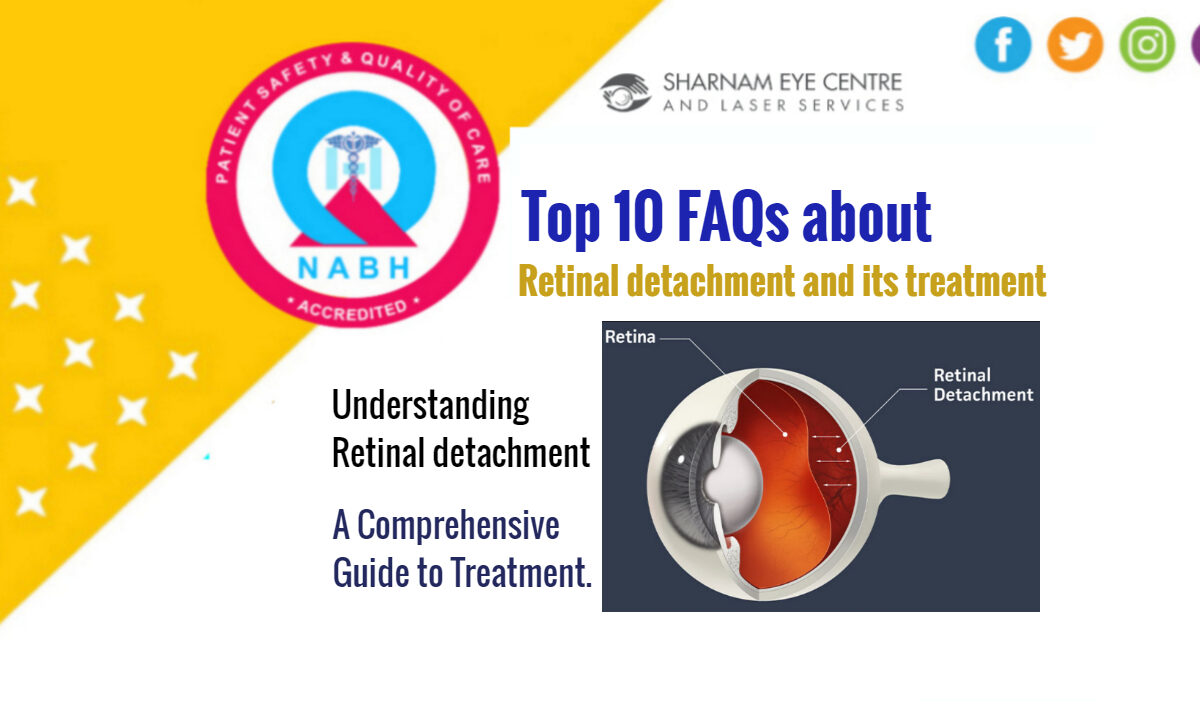
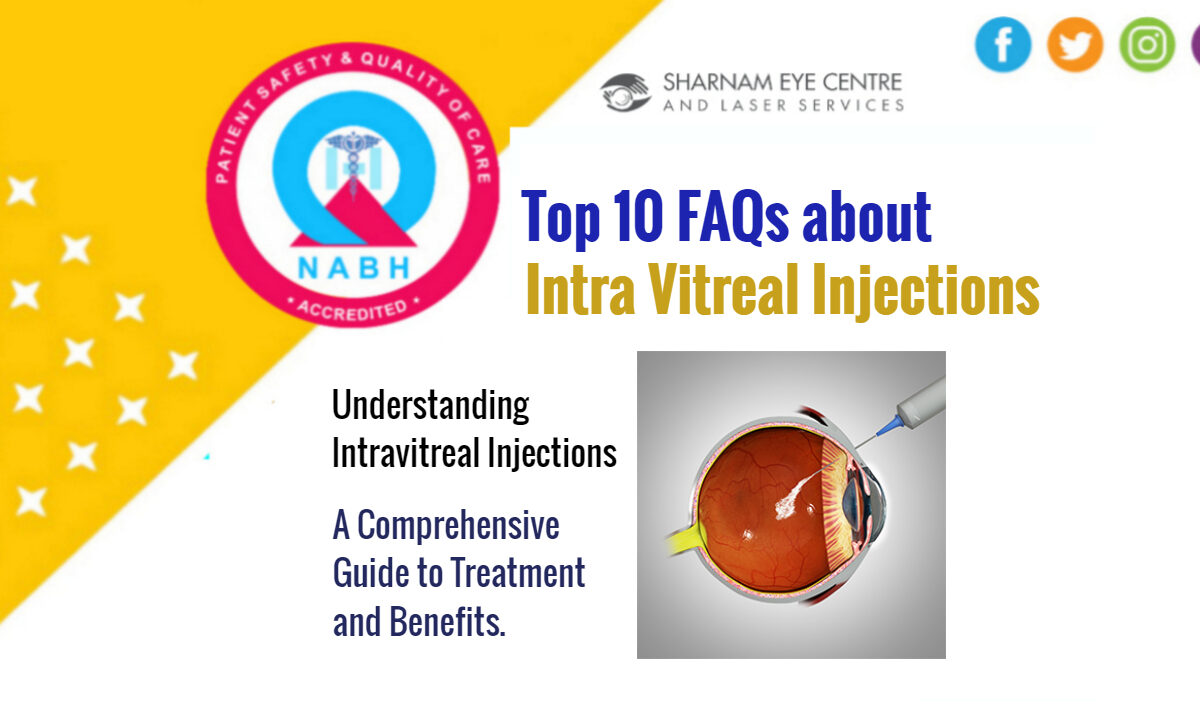
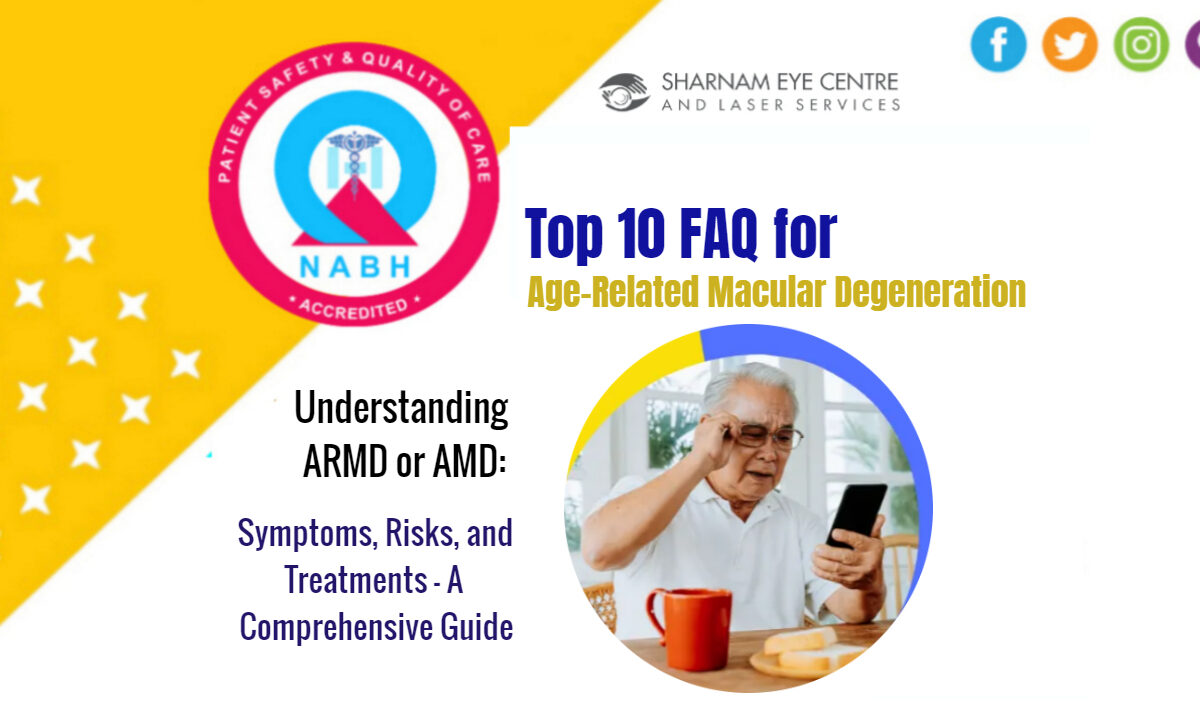
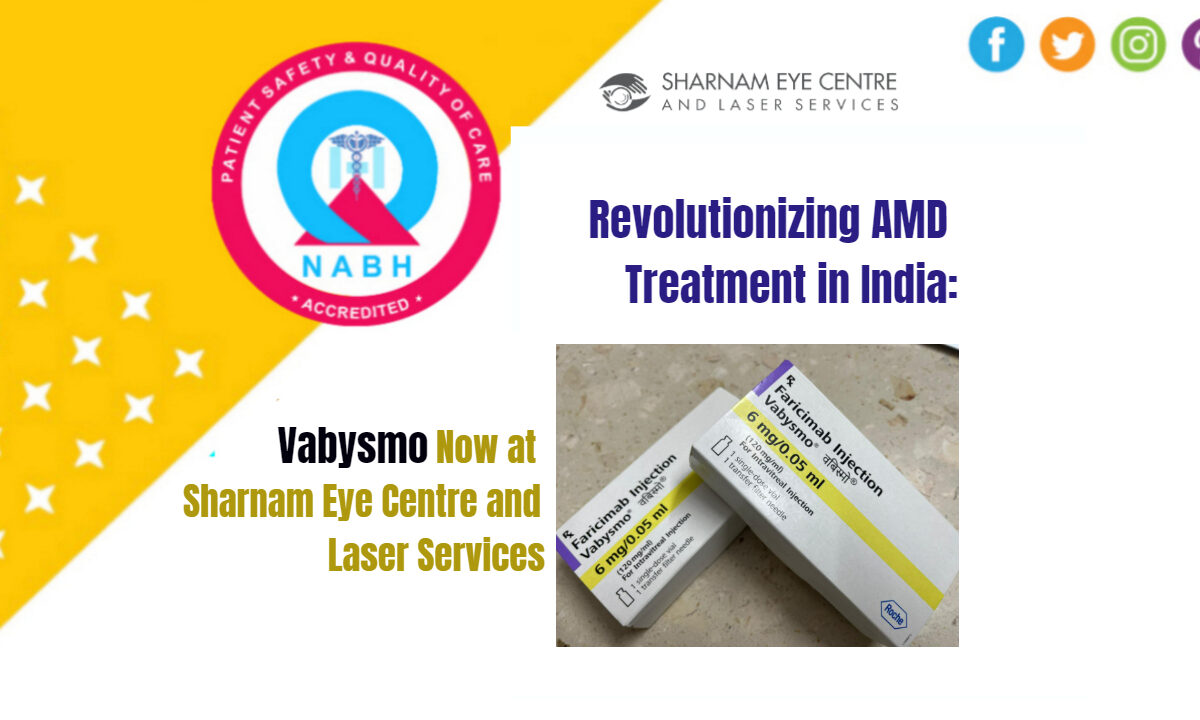
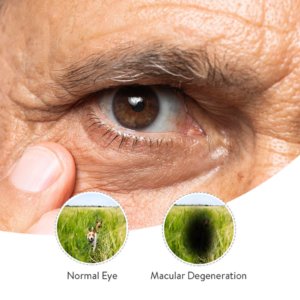 AMD, primarily affecting the elderly, is a major cause of vision loss. It damages the macula, a crucial part of the retina, leading to blurred or no vision in the center of the visual field. Traditional treatments have centered around targeting Vascular Endothelial Growth Factor (VEGF), a key player in the development of wet AMD. However, with evolving medical science, new treatments like Vabysmo are emerging, offering a more comprehensive approach.
AMD, primarily affecting the elderly, is a major cause of vision loss. It damages the macula, a crucial part of the retina, leading to blurred or no vision in the center of the visual field. Traditional treatments have centered around targeting Vascular Endothelial Growth Factor (VEGF), a key player in the development of wet AMD. However, with evolving medical science, new treatments like Vabysmo are emerging, offering a more comprehensive approach.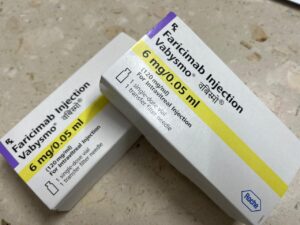 Benefits of Vabysmo at Sharnam Eye Centre:
Benefits of Vabysmo at Sharnam Eye Centre: